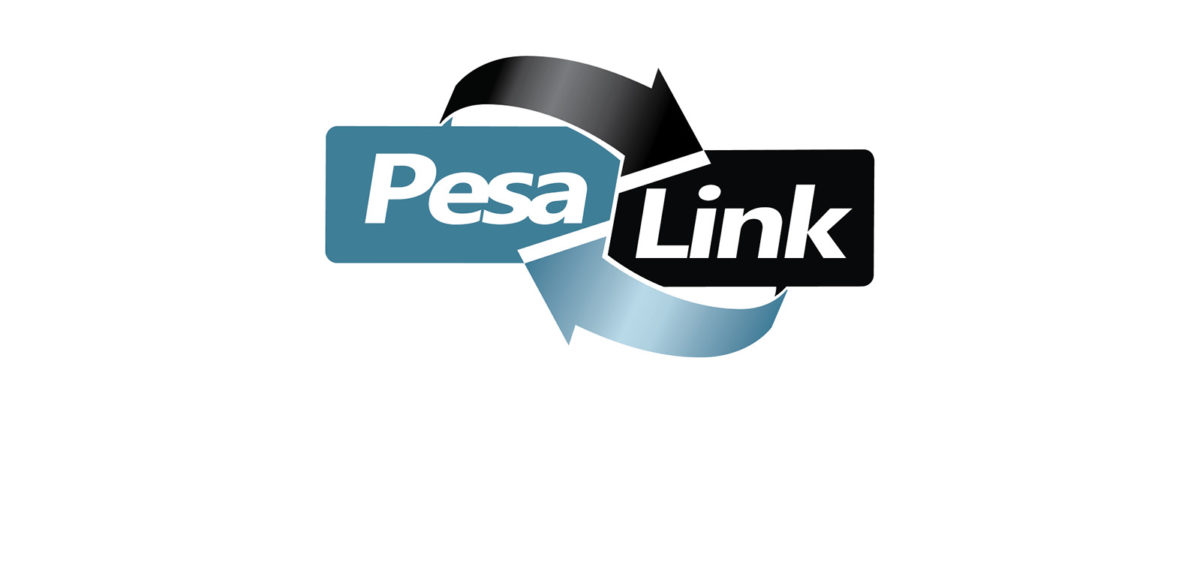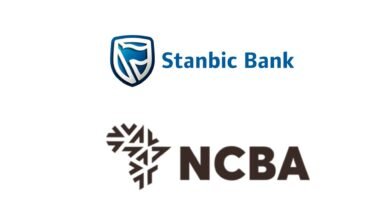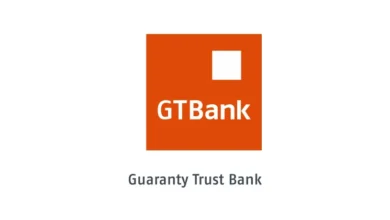
KCB Group, one of East Africa’s largest banks, has just made another huge move to transform from a legacy bank into a full-fledged fintech giant. In a public announcement dated October 31, 2025, the lender confirmed it has “entered into an agreement to acquire a minority stake in Pesapal Limited.”
Pesapal is a household name for thousands of small businesses in Kenya, providing the point-of-sale (POS) terminals and e-commerce checkouts that power their daily sales. This deal comes just eight months after KCB acquired a 75% majority stake in Riverbank Solutions, a backend fintech that provides core banking “plumbing.”
Viewed together, these two acquisitions are not a random shopping spree. They are a calculated, two-pronged assault to own the entire financial stack for small and medium-sized enterprises (SMEs). KCB is strategically buying the “backend” (Riverbank) and the “frontend” (Pesapal) to build a self-contained ecosystem.
The Real Play: A Data-Fueled Loan Machine
Here’s why this is more than a simple investment. KCB is one of the biggest lenders to SMEs in the region. Pesapal, as a payment processor, is a goldmine of real-time merchant data. By acquiring a stake in Pesapal, KCB gets a direct, live feed into the cash flow of thousands of businesses.
This new capability could obliterate the old, paper-based loan application process.
Imagine a merchant using a Pesapal terminal. KCB, using its new access, can see that merchant’s daily, weekly, and monthly sales volume. Instead of the merchant going to the bank to ask for a loan, KCB can push a pre-approved offer directly to the merchant’s terminal: “You’ve done KES 500,000 in sales this month. Click here for instant inventory financing of KES 100,000.”
This is the “Buy Now, Pay Later” model, supercharged for business-to-business (B2B) lending. It’s a strategy KCB has already signaled. When KCB acquired Riverbank in March, CEO Paul Russo stated the goal was to “offer a full stack of solutions” and “step up the delivery of our value proposition to MSMEs,” with a focus on “instant digitised lending.” The Pesapal deal is the logical and powerful next step to make that vision a reality.
Building the “Bank-Led Super App”
This strategy suggests KCB is tired of playing defense against agile fintechs. It’s now building its own “bank-led” challenger to compete directly with telco-led platforms like M-Pesa and bank-agnostic gateways like Flutterwave and Paystack.
By combining its own banking license and massive loan book with Riverbank’s backend and Pesapal’s merchant network, KCB can create a “closed-loop” system. It can control the payment, the data, and the resulting credit product. This full-stack control allows it to build and deploy new products with the speed of a tech company, not a bank.
For Pesapal, this is a strategic win. It gets the regulatory cover and deep-pocketed backing of a Tier 1 bank, giving it serious ammunition in its fight against regional and international competitors.
The deal isn’t final. It’s still “subject to conditions,” most importantly “regulatory approvals from the Central Bank of Kenya.” But the signal to the market is unmistakable. KCB isn’t just acquiring fintechs; it’s absorbing them to build a powerful new machine. The war for the African SME’s wallet just got a lot more interesting.





